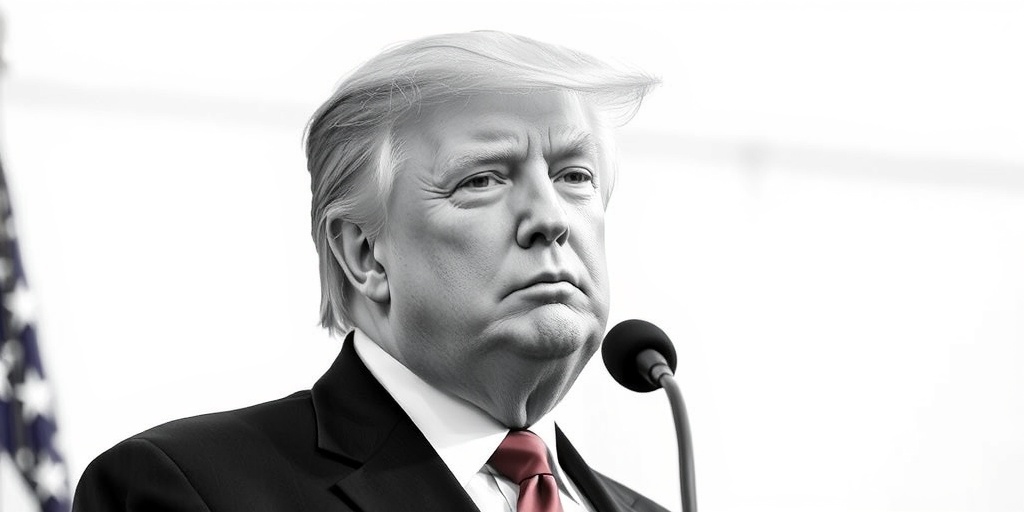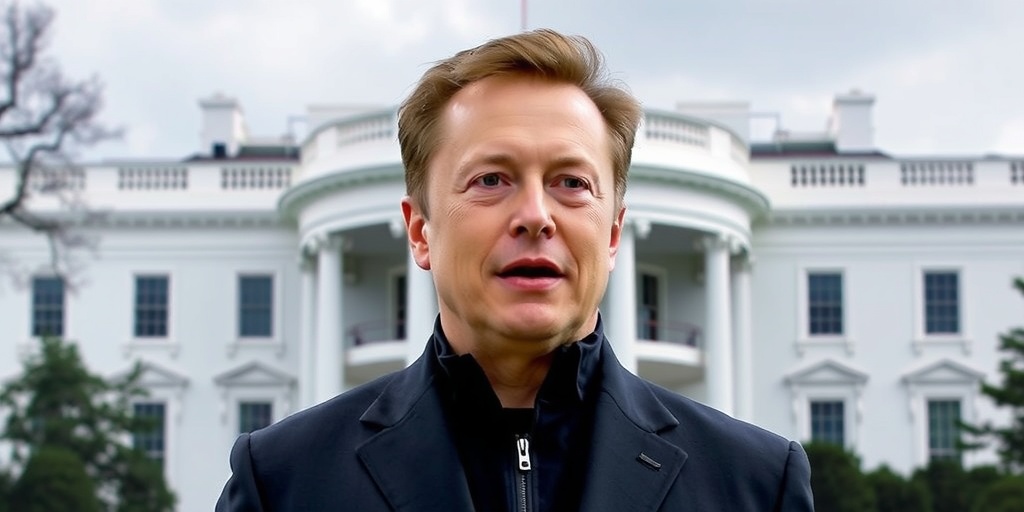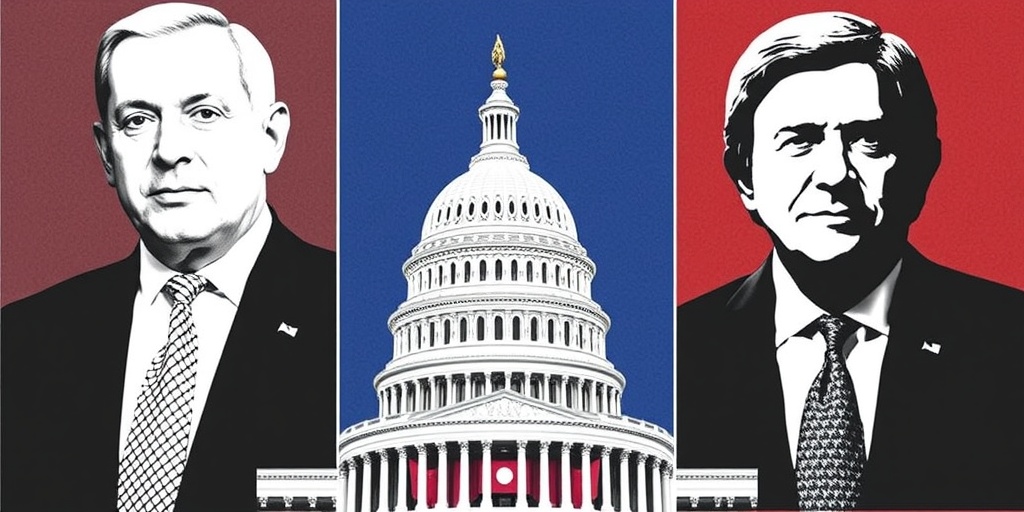Now Reading: Justice Dept. Slams Federal Judge for Blocking Trump Order
-
01
Justice Dept. Slams Federal Judge for Blocking Trump Order
Justice Dept. Slams Federal Judge for Blocking Trump Order

Justice Department Critiques Federal Judge Over Trump Executive Order Blocking Law Firm
In a recent development, the Justice Department has criticized a federal judge for intervening in a controversial executive order issued by the Trump administration that targets the prominent law firm Jenner & Block. Attorney General Pam Bondi expressed her concern in a memo sent to federal agencies, arguing that Judge John D. Bates, an unelected federal judge, exceeded his authority by temporarily blocking much of the executive order that was enacted against the law firm last month.
The memo, co-signed by Russell Vought, the Director of the Office of Management and Budget, described the judge’s decision as a significant infringement on the executive branch’s policy-making and free speech rights. This criticism reflects a broader pattern in which members of the Trump administration have publicly challenged the judiciary whenever federal judges have issued rulings that counter the government’s initiatives.
Judge Bates, who presides over the Federal District Court in Washington, issued a restraining order against the executive order amidst legal controversies surrounding its implications. This order has prompted the Justice Department to keep the court updated on the administration’s compliance with it. In the memo, while acknowledging the judicial authority, the Justice Department insisted that the executive order was warranted, claiming that Jenner & Block was engaged in "the weaponization of justice," discrimination based on race, and other pursuits they labeled as anti-American.
The ongoing tension between the Trump administration and the judiciary has escalated as legal representatives from Jenner & Block filed a motion seeking to make Judge Bates’s temporary restraining order permanent. WilmerHale, another law firm targeted by a separate executive order from Trump, has also taken legal action, requesting a provisional restraining order from Judge Richard J. Leon. The executive orders issued by Trump position these law firms as risks to national security, threatening to impair their ability to represent government-contract needing companies or secure regulatory approvals. The orders could potentially restrict lawyers from entering federal buildings, including courthouses, which poses significant operational challenges for these firms.
The law firms have contended that the executive orders represent an unconstitutional overreach of presidential power, maintaining that such actions violate their rights to operate freely. A focal point in the Justice Department’s response lies in the firms’ employment policies, which are alleged to contravene federal expectations as they embrace diversity, equity, and inclusion (DEI) initiatives. The administration has taken a hardline stance against DEI hiring practices since Trump’s rise to office, intending to dismantle all existing methodologies that favor diverse hiring or uphold such principles.
The memo from the Justice Department further emphasized that the lawsuits posed by Jenner & Block and WilmerHale were attempts to silence the president. It claimed that the firms were “muzzling” Trump’s right to ascertain and criticize what he deems unlawful legal practices within the profession. This escalating clash has illustrated the tension between the executive branch’s perspective on legal practices and the judiciary’s role in interpreting the law and protecting constitutional rights.
The Equal Employment Opportunity Commission (EEOC), which functions under federal jurisdiction, has also entered the fray by reaching out to multiple law firms to investigate their DEI practices. Among the twenty firms contacted was WilmerHale; such actions typify the administration’s following of Trump’s directives to eliminate DEI-related policies across federal operations.
Critics of the Trump administration’s perspective argue that the initiative to brand these law firms as security threats is a thinly-veiled attack on their professional reputation and operational integrity, portraying a systemic effort to alter the legal landscape away from inclusiveness and reflection of diversity.
The ongoing courtroom battles not only highlight the complexities of the legal and political landscapes but also underscore the significant repercussions for law firms challenging executive authority. As the Justice Department moves forward with motions to dismiss the lawsuits from the law firms, both sides prepare for a vigorous legal fight that could set significant precedents regarding executive power and judicial oversight. The outcomes of these cases could have lasting impacts on how policies are shaped and the role of the judiciary in checking executive actions moving forward. The involvement of a broad array of legal and judicial actors signals that this is not merely a dispute between law firms and the executive branch, but rather a significant legal confrontation that could define how the balance of power is preserved within the United States government.
Stay Informed With the Latest & Most Important News
Previous Post
Next Post
-
 01New technology breakthrough has everyone talking right now
01New technology breakthrough has everyone talking right now -
 02Unbelievable life hack everyone needs to try today
02Unbelievable life hack everyone needs to try today -
 03Fascinating discovery found buried deep beneath the ocean
03Fascinating discovery found buried deep beneath the ocean -
 04Man invents genius device that solves everyday problems
04Man invents genius device that solves everyday problems -
 05Shocking discovery that changes what we know forever
05Shocking discovery that changes what we know forever -
 06Internet goes wild over celebrity’s unexpected fashion choice
06Internet goes wild over celebrity’s unexpected fashion choice -
 07Rare animal sighting stuns scientists and wildlife lovers
07Rare animal sighting stuns scientists and wildlife lovers





















